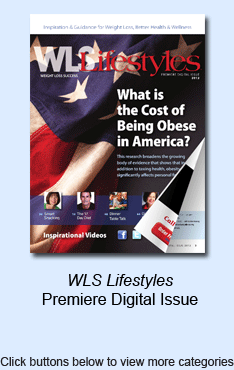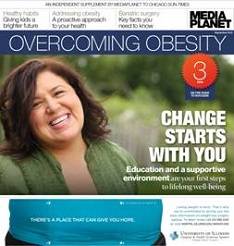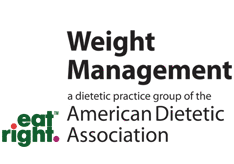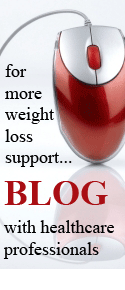Emotional Eating Help: How NOT to Eat When You Donât Know What Else to Do
By: Melissa McCreery, PhDEmotional eating is a tough habit to break, and letâs face itâthe urge to overeat usually happens when we are not at our best. Itâs all well and good to have a plan to end emotional eating and lists of what to do instead of overeating, but, in the moment, sometimes getting out of the vicious cycle of turning to food can seem impossible.
Hereâs an important emotional eating tip: When you donât know what to do, do nothing.
Thatâs right. In spite of what your high achieving inner-perfectionist may tell you, you donât need to unfurl a perfectly designed plan to have an impact on your eating. When you hit that spot where you are starting to feel out of control, when the snacking wonât stop, when you have an urge to overeat at work or to stand in front of the refrigerator after dinner, just stopâand do nothing.
Iâm not suggesting you stop forever or title your stopping âI Wonât Eat.â Just insert a short break. Take sixty seconds to breathe deeply and take a small step back from the situation. Donât focus on the negative. Donât focus on what you donât know to do. Donât focus on being frustrated with yourself.
Breathe deeply and ask yourself what you know and what you needâin this moment. This is not a big picture question. This emotional eating intervention is about taking a few seconds to take care of yourself for the next sixty seconds.
What do you need NOW?
Maybe you need a change of scenery (think small and do-able, this means a walk around the office, not a trip to Tahiti). Consider a breath of fresh air, a phone call to a friend, a drive around the block so you can scream in your car, or maybe two minutes with your eyes closed, breathing deeply and reconnecting with you. Inserting this short break may not feel like much, but when you pause in this way, you break the auto-pilot pull of emotional eating. A short break gives you a different perspective, and, by choosing to take it, you step into the driverâs seat. You get some power back. Itâs not a âperfectâ fix, but a short break changes the moment and may reduce the power of what is triggering your hunger. It gives you time to refocus and when you refocus you are better able to strategize and to think.
Inserting a short break also allows time for feelings to fade and to shift. Sometimes that can make all the difference in the world.
If you are tired of struggling with emotional eating and overeating and ready to make a change that sticks, the Emotional Eating Toolbox⢠28 Day Program shows you how to take control in simple, do-able steps that fit with your needs, your preferences, and your schedule.



















